(NB&CL) The development of social media and technology has changed the way users consume news. In order to survive, newspapers are no longer just a place to simply report news, but may have to "restructure" and "reorganize" to become more "multi-service". That is also a way for newspapers to continue serving their traditional mission of reporting news and bringing the truth to the public.
When the press is no longer strong in… reporting news!
At this point, the value that was once synonymous with journalism - News - is no longer seen as a strength, a true value. Ironically, basic news still comes from traditional press sources, but it is clear that most readers are going to Google, Facebook, Instagram, TikTok... and soon AI tools to satisfy their news needs.
The press is still calling for a fight, and some countries like Australia and Canada have even directly intervened to force the technology giants (Big Tech) to pay for the press for the content appearing on their platforms. However, that goal is increasingly "distant". The reason is that most press organizations, in the world as well as in Vietnam, are proactively providing news completely free of charge on social networks and Big Tech's technology platforms.
How many news sites do not want to be recommended by Google to the top or have their content taken away directly, especially if they dare to cut off the news feed to Google? As for the AI challenge, many major news agencies and newspapers in the world have actively cooperated to provide content to AI companies, such as AP, Reuters, TIME, Der Spiegel and Fortune.
We must also face reality, the press cannot and should not go against the general trend of the times and the general progress of science and technology, as well as the common interests of the community regarding the right to access information. That is why the press still has to provide free news on the internet, then social networks and now cooperate directly with AI companies.

History has changed. And like many other professions, journalism needs to change, to reposition itself to become more valuable in the new era. Or forget that journalism is just a place to report or reflect social life. Simply, journalism is now only a small part of that job. In the past, there were only newsrooms and reporters, but now there are millions and millions of people doing that "reporting" job on the internet, from ordinary users to celebrities and other organizations.
The press needs to equip itself with new values or focus on what is still its strength, even restructure and restructure completely, to become a completely different model from before.
Stay a “lighthouse” in the information storm
Journalism is taking the first steps in this new and perhaps much-needed journey. Many news organizations, including television, are pioneering this path by... going back in time and starting over. These are news organizations that force readers or viewers to pay for information, no longer providing it for free.
Obviously, it is not the simple type of information that is often flooded on the internet and social networks. It must be the information behind the information. If in the past, the press and media often solved the "5 Ws" (Who, What, Where, When and Why?) to sell information to readers, now the press will have to solve deeper problems such as: "What next?" or "How?" or "What is the solution?".
More importantly, solving those new “functions” of journalism is not just for “coolness” or “sublimeness”, but to directly bring true value to the audience/readers, both spiritually and materially (like before when “5W” still brought real value to readers).
For example, today, when paying to access the world's leading economic newspapers such as Financial Times, Bloomberg or The Economist, their readers will get information that directly serves their business activities, such as business, investment, stocks or cryptocurrencies, not just reading "for information" and to satisfy their normal news needs.
Or newspapers that are good at selling paid subscriptions like the New York Times and the Washington Post will provide in-depth knowledge and information that is necessary for researchers or enthusiasts in each field, in addition to the usual hot news. In addition, when paying to access these newspapers, readers also have many additional benefits, such as playing games, receiving promotions, having attractive information to serve their needs...
However, these are still only incomplete and not fundamental changes, still bearing the color of traditional journalism.
The world press is now moving towards a more profound transformation, even creating a “restructuring, restructuring” revolution. Specifically, the newspaper will then basically no longer be a simple news reporting, propaganda or reflection organization, but will become a multi-functional service industry related to communication and technology.
Currently, many press organizations, including in Vietnam, have transformed in that direction, becoming a provider of press - media - technology services, consulting services and even becoming professional event organizers in areas where they have strengths - such as sports activities, economic forums or investment cooperation programs...
Newsquest is one of the leading organisations in this reinvention. One of the UK’s largest media groups with 250 news brands, it is moving towards becoming a digital marketing company. It has launched the LocalIQ brand, which will help it reach the digital advertising market with social media, search and display advertising solutions.
Meanwhile, the Guardian has partnered with brands to launch product pages to increase revenue. In addition, many large and reputable newspapers are now transforming themselves into multi-service organizations, such as partnering with experts or organizations to advise and support their readership on economic, legal, health issues or even resolving legal problems.
It is undeniable that in some ways, the above trends will cause certain discomfort for the classical press. The history of journalism has changed. Moreover, to maintain the mission as a “lighthouse” in the current chaotic information storm, press organizations need to know how to adapt to survive and stand firm!
Bui Huy
Source: https://www.congluan.vn/xu-huong-bao-chi-tai-co-cau-va-tai-cau-truc-tren-the-gioi-post330841.html










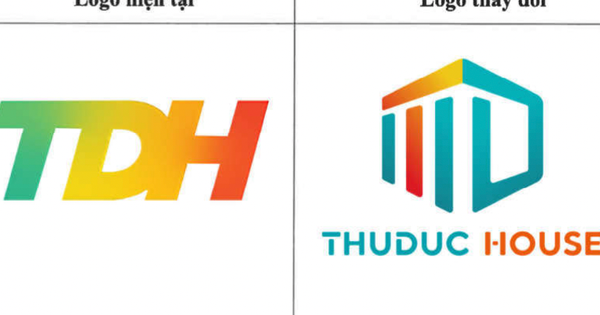















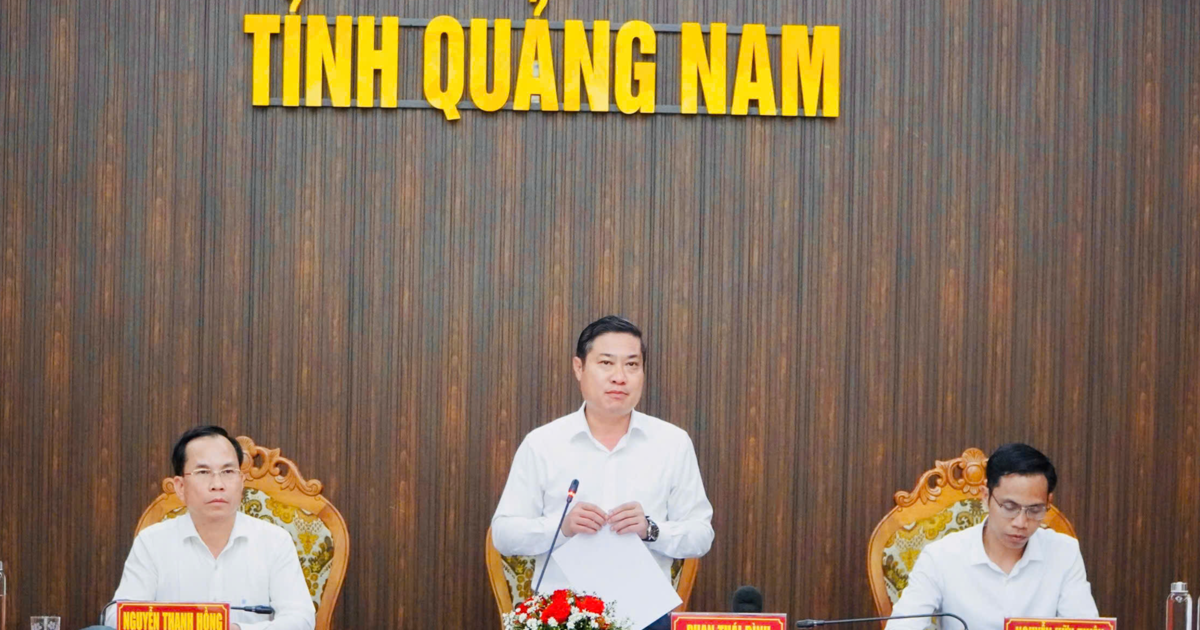






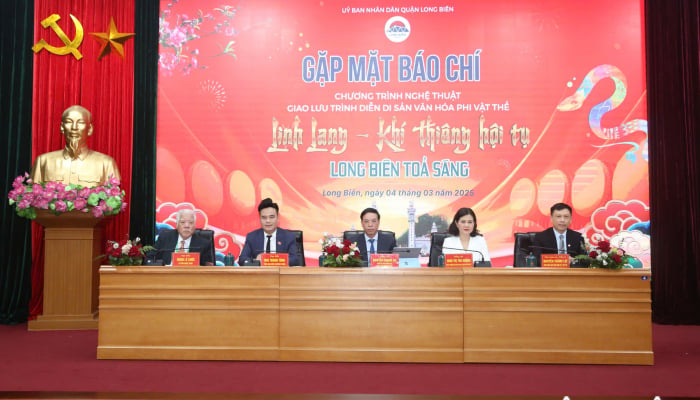
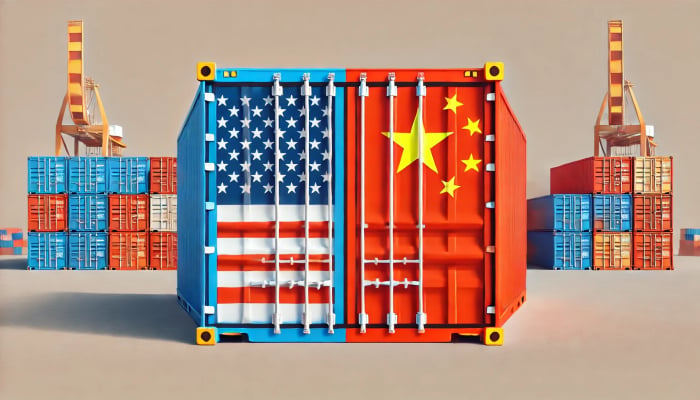



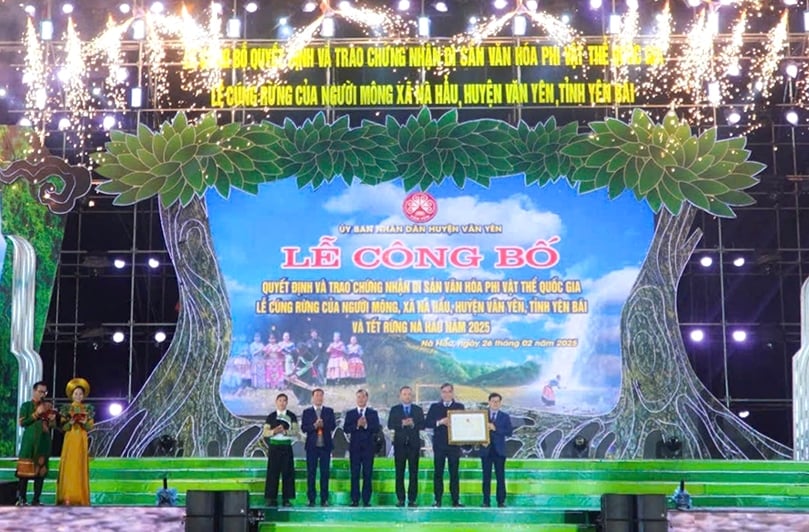

























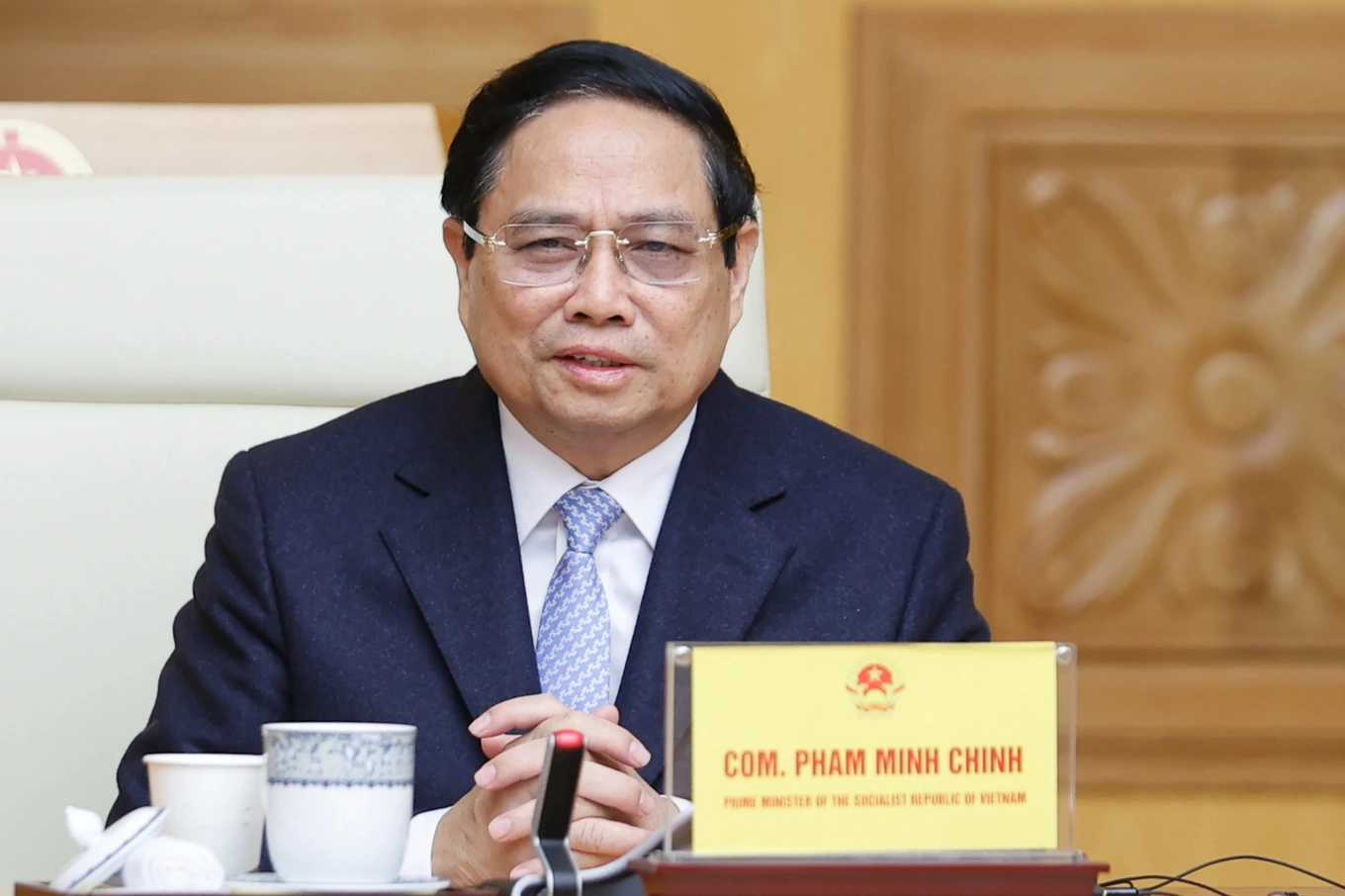



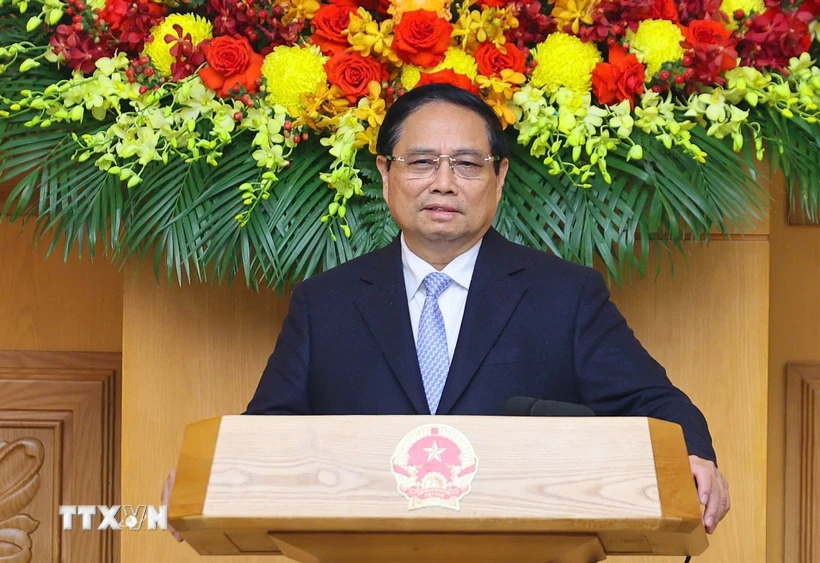




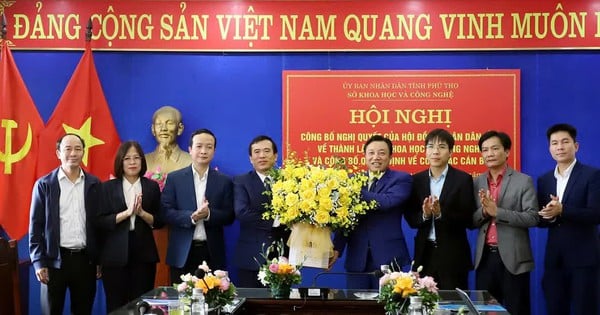

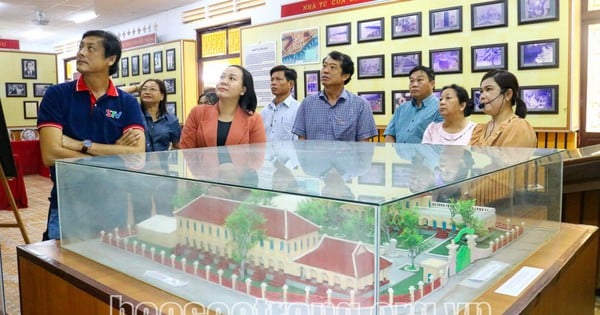

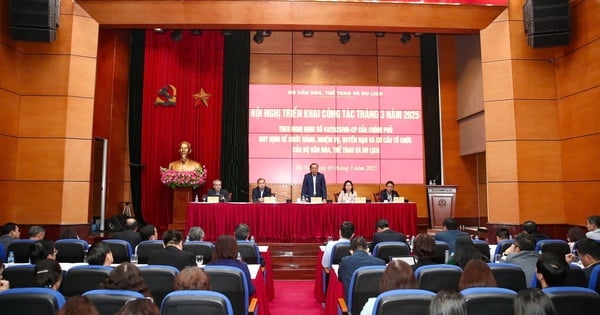
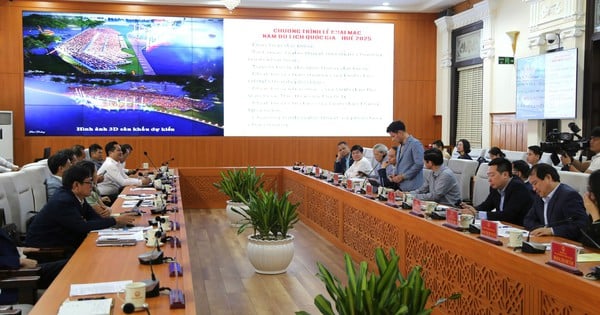
















Comment (0)